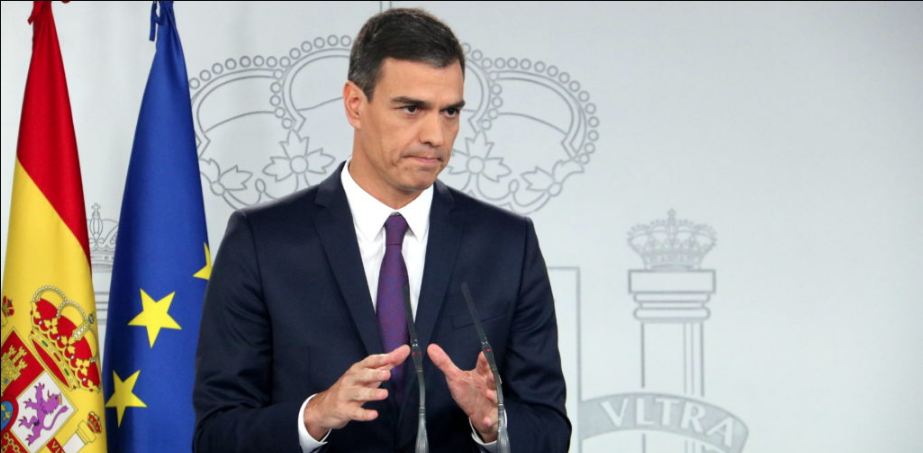18.09.2019 - 12:42
|
Actualització: 18.09.2019 - 14:42
Spain’s acting president, Pedro Sánchez, has insisted that suspending Catalonia’s self-rule is still on the table. This comes in the wake of the failed talks to gather support for the Socialist leader to remain president, meaning that Spain are heading to a fourth election in as many years. On Wednesday in Spanish congress, Sánchez stressed that he is ready to take any action.
“If the Catalan government makes any attempt to violate against the Statute (Catalonia’s self-rule basic law) and the Constitution, Socialists are ready to enforce any article of the Constitution,” he said. This of course includes article 155, in which the Spanish government may take action over local governments in exceptional circumstances.
This may allow the Spanish government to take over any regional government that “acts in a way that seriously attacks the general interest of Spain” and was triggered for eight months in October 2017, following the declaration of independence.
Last-minute proposal
On Monday, the unionist Ciutadans party proposed enabling a Socialist government if a pardon to the jailed leaders awaiting their sentence is ruled out, and if Sánchez committed to trigger Article 155 if or when needed. In an address to Ciutadans on Tuesday, Pedro Sánchez guaranteed that he “would not hesitate” to exercise direct rule of Catalonia from Madrid if needed. However, these comments were not enough to convince Albert Rivera’s political force.
The plenary session in Congress on Wednesday, hours after the failed talks, was full of tension. In and out of parliament, parties blamed each other for the automatic snap election, which will be official on September 23.
Yet opposition parties mostly pointed at Pedro Sánchez, including pro-independence Esquerra’s Gabriel Rufián. “You said you have tried everything, and if you say the truth, you are incompetent, and if you lie, irresponsible.” Rufián also criticized the fact that Sánchez has not ruled out direct rule.


